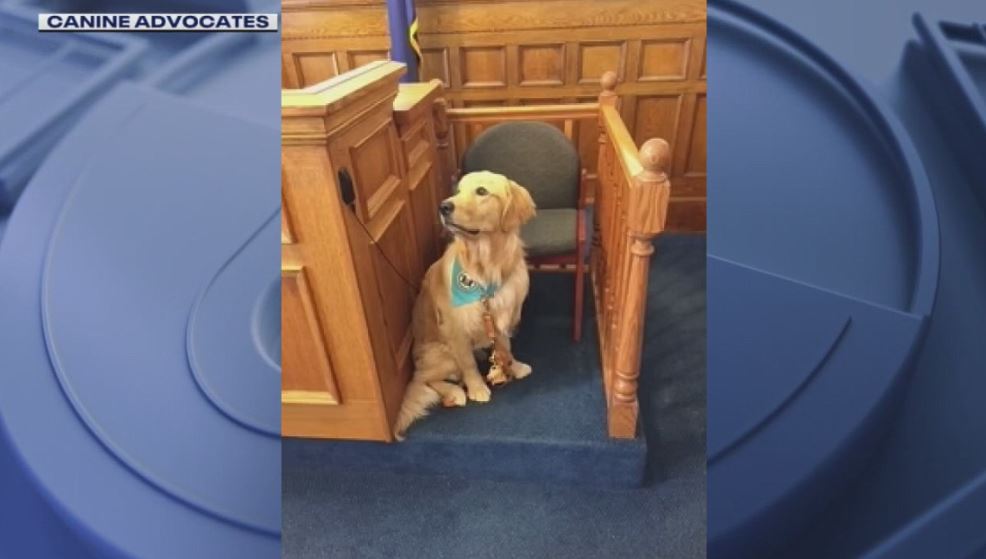Expanded use of therapy dogs in court by state questioned by some experts
Michael Bouchard, the sheriff of Oakland County, has long advocated for therapy dogs, often known as comfort dogs.
FOX 2: Oakland County, MichiganAs the Department’s Team of King Charles Cavaliers continues to expand, Oakland County Sheriff Michael Bouchard has long advocated for comfort canines, also known as therapy dogs.
“The dogs just have a transformative impact on people because they’re so loving,” Bouchard stated. “We have 15 that are all across the county – they get called out regularly to situations where maybe a child has been in a car accident – they’re feeling traumatized or an interview with a child.”
Child advocates have some reservations about the State of Michigan’s plans to increase the use of therapy dogs in courtrooms.
“Right now our canine advocates – we only have victim advocates as handlers in prosecutors’ offices, not potentially an untrained handler,” Blythe Tyler stated. “So you can imagine the graphic testimony possibly of an abused child – that the handler may react, and that may be cause for appeal – making a child have to testify again.”
Since 2018, children aged 15 and under have benefited from the assistance of highly-trained dogs and handlers from CARE House of Oakland County’s canine advocacy program, according to Tyler, the organization’s president and CEO. The dogs have testified in court and been used to console victims of sexual assault and child abuse.
The new regulation permits any therapy dog approved by the American Kennel Club to participate, but it only applies to victims who are 17 years of age or younger.
“You have to have trained people to sit with these children and work with them – and the same with the dogs – they have not been vetted,” stated Daniel Cojanu.
Cojanu is credited for helping to establish The Canine Advocacy Program.
“I’ve been working with neglected and abused children for over 43 years,” stated Cojanu. “And it is unacceptable to consider forcing them to return and testify once more.
“This piece of legislation is frankly dangerous.”
Despite its good intentions, Cojanu claims that the new law is just too expansive.
“It can work, but there has to be training – there has to be limitations involved,” he stated.
“I think having a canine advocate in a courtroom with a child who is going through something this traumatic is important,” Tyler stated. “It’s important to be able to do it – but we’ve got to do it right.”
Note: Every piece of content is rigorously reviewed by our team of experienced writers and editors to ensure its accuracy. Our writers use credible sources and adhere to strict fact-checking protocols to verify all claims and data before publication. If an error is identified, we promptly correct it and strive for transparency in all updates, feel free to reach out to us via email. We appreciate your trust and support!










